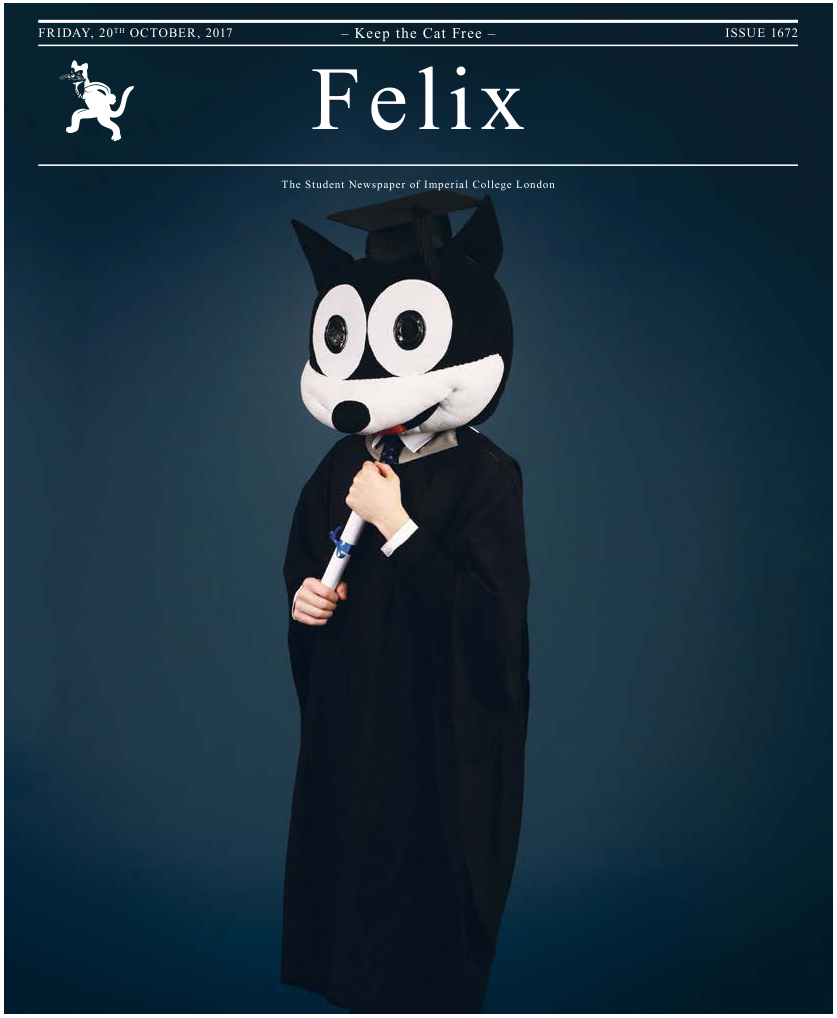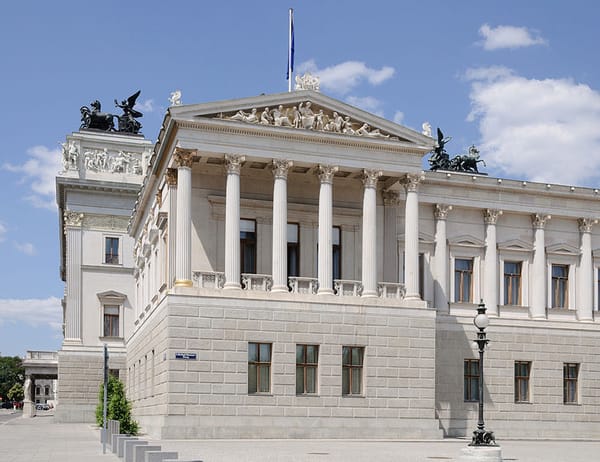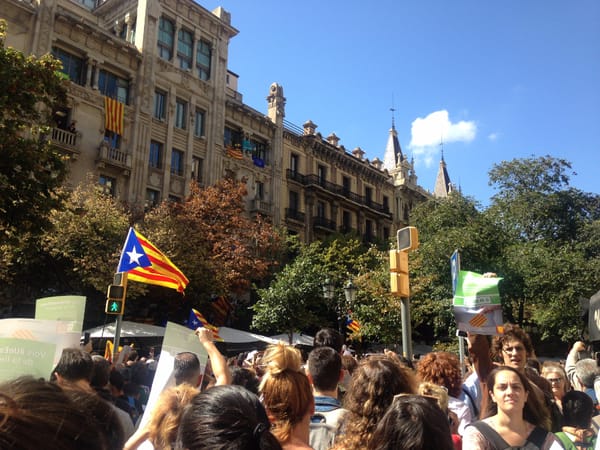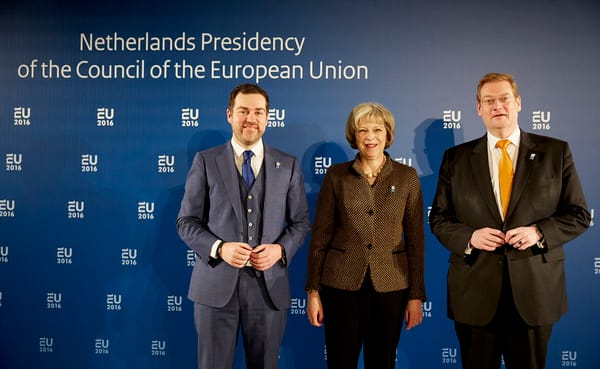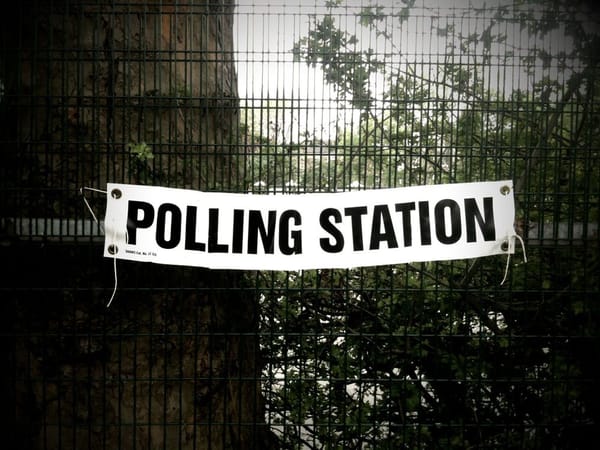Austria’s far-right achieves a landslide win in parliamentary elections
Those on the left in Austria are left disappointed as a right-wing coalition seems likely.

It was a long Sunday for those eagerly awaiting the outcome of Austria’s 26th parliamentary elections. When the results started to come in during early afternoon, the winner was clear: the right wing, above all Sebastian Kurz and his conservative Österreichische Volkspartei (ÖVP) with 31.5% of the votes – 7.6% more than they received in the last elections. The social democratic party (SPÖ) under Christian Kern came second with 26.9%, just ahead of the right-wing nationalist freedom party (FPÖ), which got 26.0% (an increase of 5.5%). The neoliberal NEOS came fourth with 5.2%, followed by Liste Pilz with 4.4%. The Green Party came last with only 3.8% (down 8.7%).
The success of the ÖVP comes as no surprise. Kurz, who took over the ÖVP from Reinhold Mitterlehner in spring, used recent political instability to his advantage. With his radical revamp of the dusty, old ÖVP he attracted voters from both sides of the political spectrum and mobilised non-voters. Two years after he began gaining popularity, 31-year-old Kurz is set to become the world’s youngest government leader. In his first public statement after the election he said he “has been given a great responsibility” and that he “wants to establish a new political style”.
“With slogans like ‘Austria deserves fairness!’ the FPÖ won over the working class, who usually vote for the social democrats”
Another winner was the FPÖ under Heinz Christian Strache. It is the best result for the party since right-wing populist Jörg Haider led the party to second place in parliamentary elections in 1999, and the second best since 1945. With populist slogans like “Safe borders, safe homeland!” and “Austria deserves fairness!” the FPÖ was particularly successful in rural areas and won over the working class, which typically votes for the social democrats.
Despite the Green Party’s successful start to the year, which saw former party leader Alexander Van der Bellen elected President, subsequent chaos and poor leadership repelled voters (see our coverage in Felix 1671). Members of the Green Party also blame their defeat on the loss of Peter Pilz. After being removed from the Green Party’s list of parliamentary candidates, Pilz ran for government with Liste Pilz, his newly formed party. Pilz told Austrian newspaper Profil: “The Green Party have a new beginning and a phase of renewal ahead of them. They are entirely responsible for themselves.”
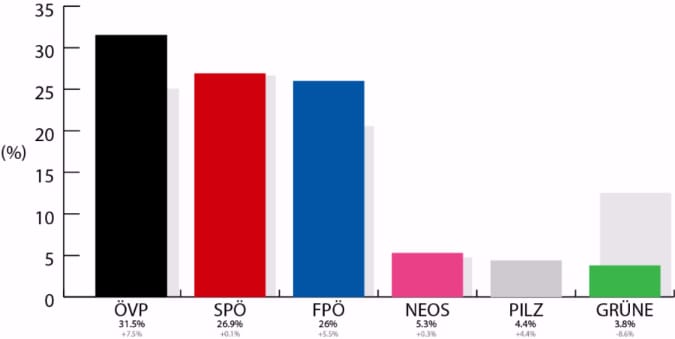
At the time of writing, with 3.9% of votes yet to be counted, the future of the Green Party is uncertain. If they fail to increase their vote share to 4% they will lose their place in parliament. The majority of people working for the Green Party on a federal level would be dismissed and the party would lose €8.2 million of funding. Green Party candidate Updike Lunacek said: “This is the worst crisis of the Green movement in Austria since its founding.”
“The future of the Green Party is uncertain: if they fail to reach 4% of the vote share they will lose their seats”
Who will form the next government is still an open question. Strache is hungry for power and wants to see his party in the government. The odds on a far-right coalition between the ÖVP and FPÖ are good. The parties became considerably closer on the campaign trail and frequently agree on policy. The SPÖ, meanwhile, is split into two wings. One favours a coalition with the FPÖ, while the other, led by influential mayor of Vienna Michael Häupl, is strictly against talks with the ÖVP.
In any case it would be hard to justify another coalition between ÖVP and SPÖ, since this combination has been proven to be dysfunctional more than once and has been the main reason for early re-elections this year. At the moment all signs point to the nightmare of many people on the left in Austria: a right-wing coalition between ÖVP and FPÖ.

